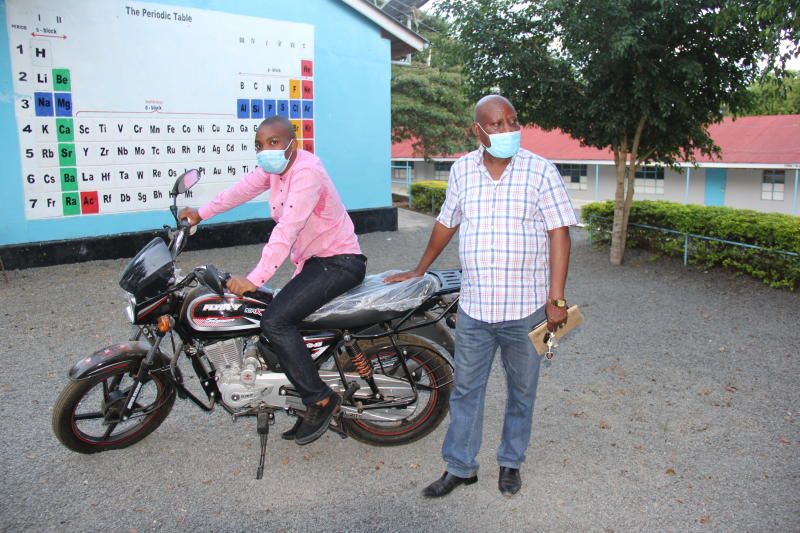×
The Standard e-Paper
Kenya’s Boldest Voice

The last few days have been intense for Stanley Wambua, who scored Grade A in the 2020 Kenya Certificate of Secondary Education examination.
After the results were confirmed, he got excited that he was among the top students in their class in Makueni Secondary school and the entire country.